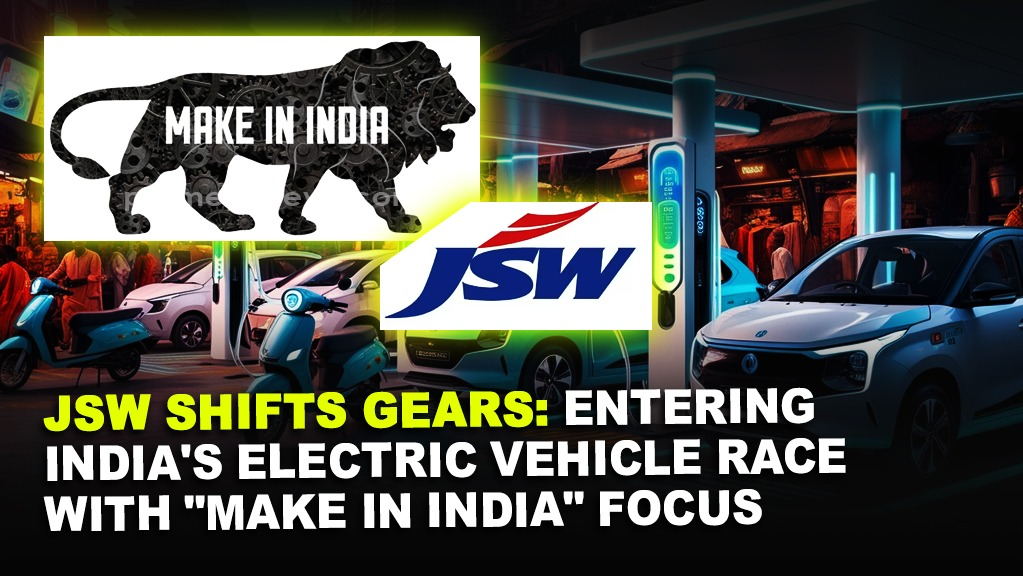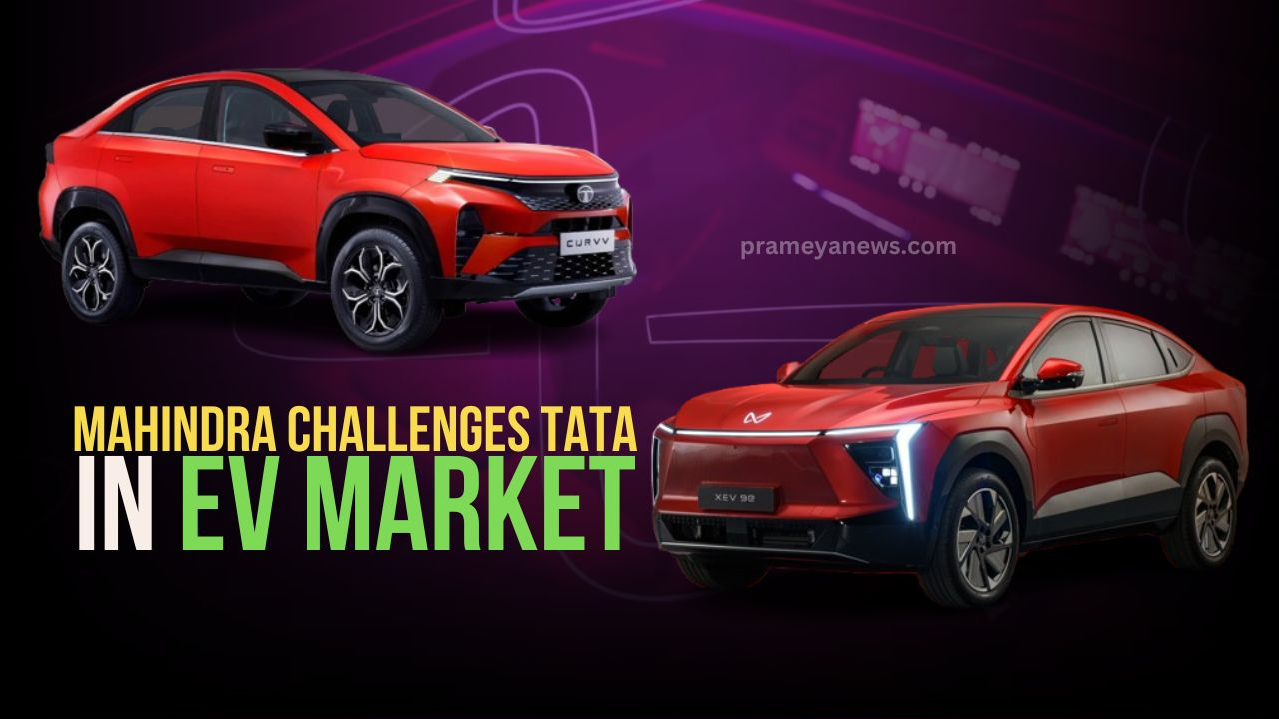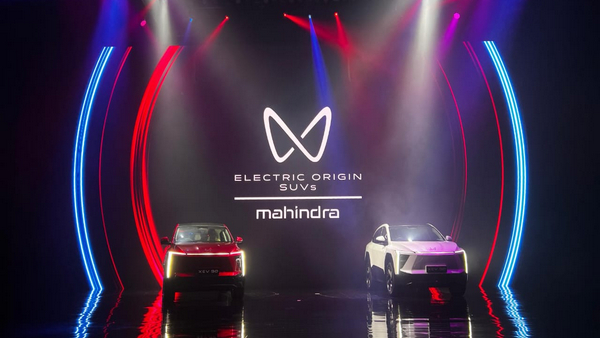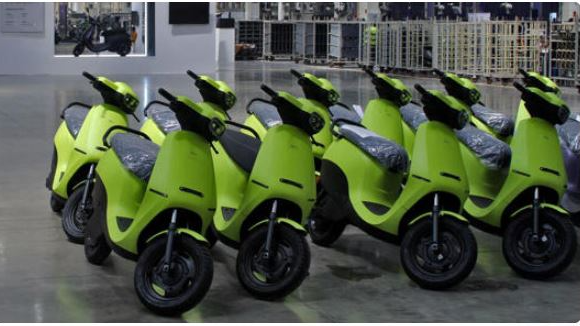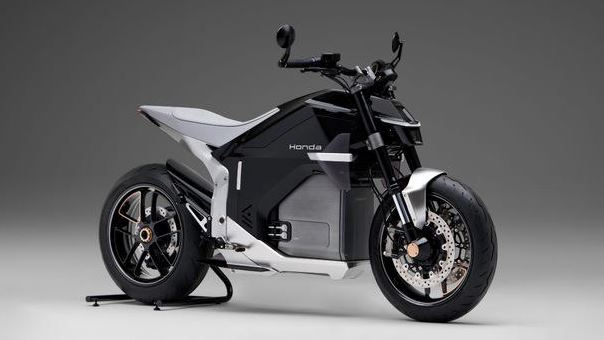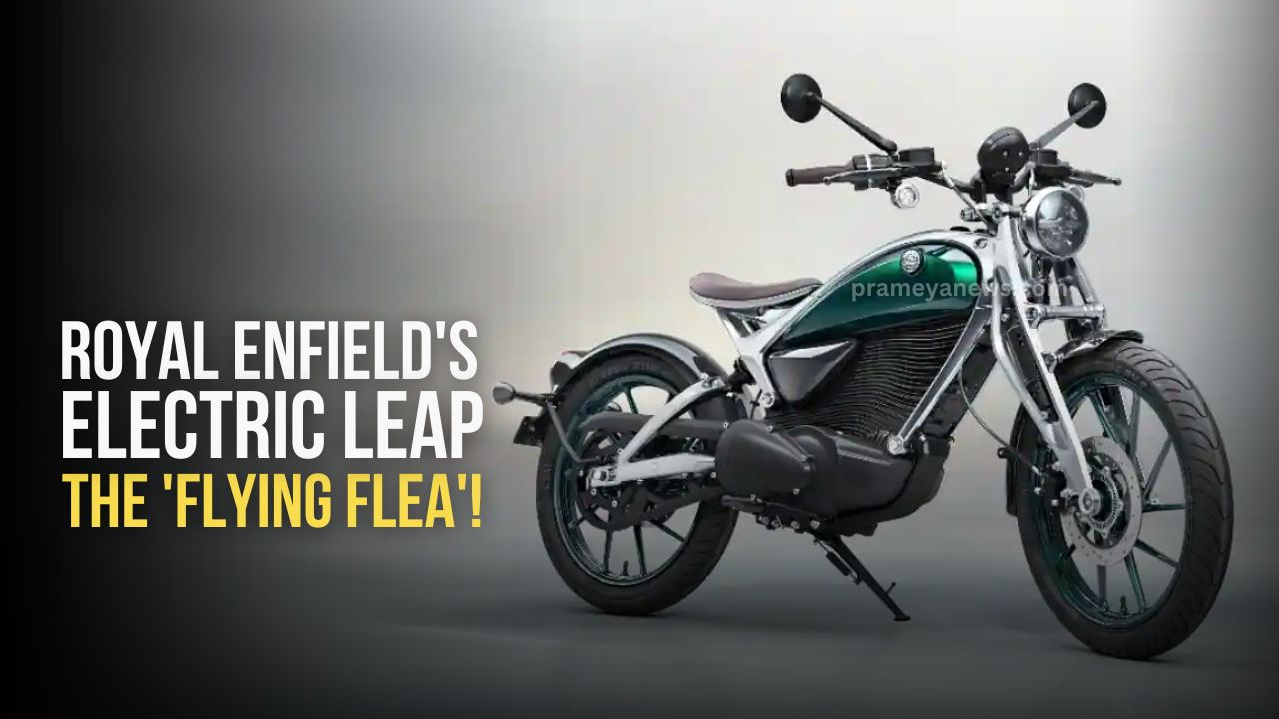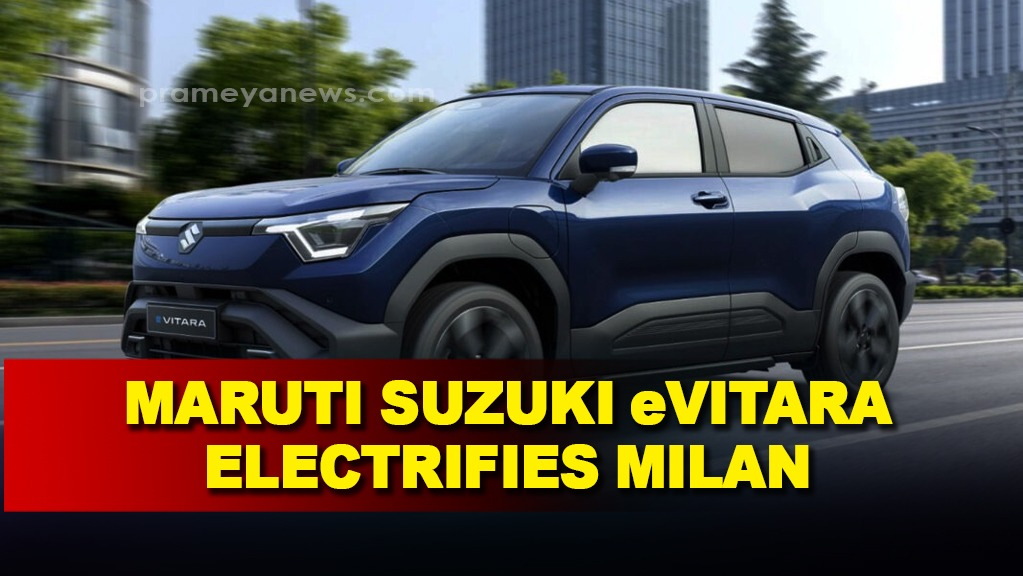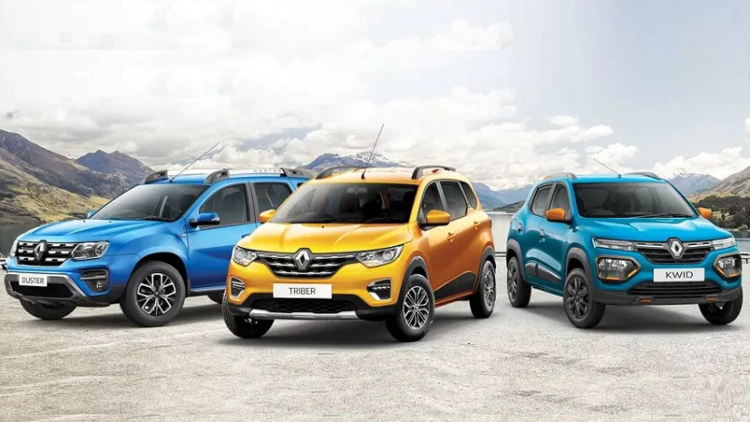In a move that electrifies India's automotive landscape, JSW Group, a conglomerate known for its dominance in steel and energy, is venturing into the electric vehicle (EV) sector. The company has announced plans to launch its own EV brand, with a strong emphasis on "Make in India," signaling a significant shift in its business strategy and a commitment to sustainable transportation solutions.
JSW's EV ambitions:
JSW's entry into the EV market follows its joint venture with China's SAIC Motor, a leading global automaker. This partnership provides JSW with access to cutting-edge technology and manufacturing expertise, enabling it to develop and produce EVs tailored to the Indian market.
Manufacturing and job creation:
JSW's commitment to "Make in India" is evident in its plans to establish a new EV manufacturing plant in Aurangabad. This facility is expected to create approximately 5,200 jobs, contributing to the growth of the local economy and supporting the government's vision of making India a global manufacturing hub.
Competition and market dynamics:
JSW's foray into the EV space places it in direct competition with established players like Tata Motors and Mahindra & Mahindra, who have already made significant strides in the Indian EV market. However, JSW's strong brand reputation, diversified business portfolio, and focus on innovation could give it a competitive edge.
Implications for the EV sector:
JSW's entry into the EV market is expected to further accelerate the growth of the sector in India. The company's commitment to "Make in India" could also encourage other players to localize their production and contribute to the development of a robust EV ecosystem in the country.
JSW's decision to launch its own EV brand marks a significant milestone in the company's journey and underscores its commitment to sustainable business practices. By embracing the electric mobility revolution, JSW is not only diversifying its portfolio but also contributing to India's efforts to reduce its carbon footprint and achieve its clean energy goals. This move is likely to have a profound impact on the Indian automotive industry, shaping the future of mobility and paving the way for a greener tomorrow.



